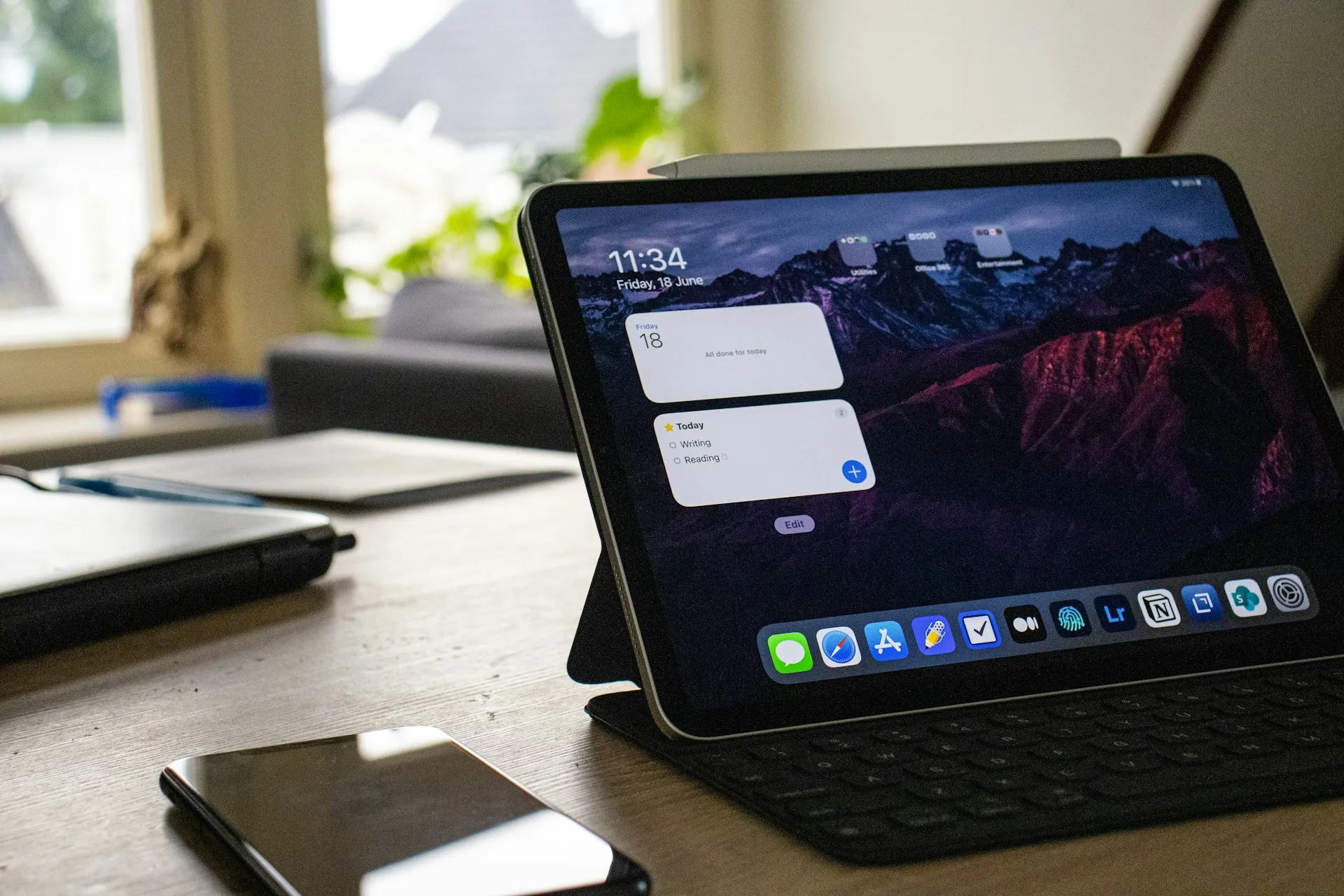
CRM vs. ERP: What’s the Difference and Which Does Your Business Need?
In 2025, businesses are under more pressure than ever to operate efficiently, stay competitive, and deliver a great customer experience. Two key software solutions often come into play: CRM (Customer Relationship Management) and ERP (Enterprise Resource Planning).
Although these two systems may sound similar — and sometimes overlap — they serve very different purposes. Let’s explore what CRM and ERP are, how they differ, and which one (or both) your business needs.
What Is CRM?
A CRM system helps businesses manage customer relationships and interactions. Its primary focus is growing revenue by improving sales, marketing, and customer service.
Key CRM Features:
- Lead and contact management
- Email and sales automation
- Customer communication tracking
- Reporting and performance dashboards
Popular CRM tools: HubSpot, Zoho CRM, Pipedrive, Salesforce, Freshsales
What Is ERP?
An ERP system focuses on the internal operations of a business. It integrates core processes like accounting, supply chain, inventory, procurement, human resources, and more — all in one system.
Key ERP Features:
- Financial management (invoicing, payroll, accounting)
- Inventory and warehouse tracking
- Procurement and supplier management
- HR and employee data management
Popular ERP tools: SAP Business One, Oracle NetSuite, Microsoft Dynamics 365, Odoo
Main Difference Between CRM and ERP
The main distinction is who each system serves:
- CRM = External — helps you manage customers and boost sales
- ERP = Internal — helps you manage operations and improve efficiency
Think of it this way: CRM brings money in; ERP helps you keep costs down.
CRM vs. ERP Comparison Table
| Feature | CRM | ERP |
|---|---|---|
| Main Focus | Customer relationships & sales growth | Business operations & cost efficiency |
| Users | Sales, marketing, support teams | Finance, HR, operations managers |
| Key Modules | Lead tracking, communication, customer data | Inventory, payroll, accounting, logistics |
| Data Type | Customer-facing | Internal operational |
| Goal | Increase revenue | Reduce operational cost |
Do You Need CRM, ERP, or Both?
Here’s how to decide:
- Use CRM if your main challenge is sales, lead management, or customer retention.
- Use ERP if your business has complex internal processes or supply chains.
- Use both if you're scaling and need complete control over both customer experience and business operations.
In 2025, many cloud-based platforms offer both CRM and ERP modules under one ecosystem — like Microsoft Dynamics 365 or Zoho One.
Example Scenarios
Small E-Commerce Business:
- Needs CRM to track leads, email promotions, and manage customers
- May need ERP to handle inventory and shipping logistics as it scales
Manufacturing Company:
- Relies heavily on ERP to manage supply chain and production
- Uses CRM to manage wholesale or B2B customer relationships
Conclusion
CRM and ERP are both powerful tools, but they solve different problems. While CRM boosts your customer-facing strategy, ERP ensures your internal business engine runs smoothly.
Tip: Start with what your business needs most today — and scale toward integration later.
Invest wisely, and your systems will grow as your business grows.
